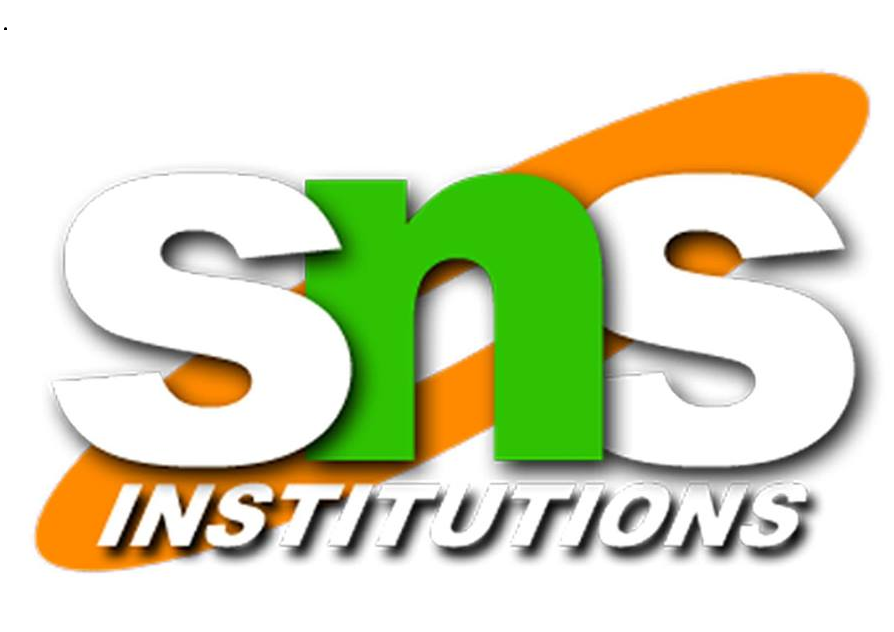
Paradigm shift from pedagogy to Andragogy to Heutagogy – Concept and stages – Critical Pedagogy: Meaning, Foster independent thinking through critical pedagogy, Need and its implications in Teacher Education. Interaction Analysis: Flanders’ Interaction analysis, Galloway’s system of interaction analysis (Recording of Classroom Events, Construction and Interpretation of Interaction Matrix).Steps in pedagogical analysis – Five pedagogical approaches – software pedagogy – pedagogical beliefs and attitudes of Computer Science – measuring Computer Science pedagogical content knowledge.
Bloom’s Mastery Learning, Skinner’s Operant Training, Bruner’s Concept attainment, Ausubel’s Advance Organizer, Glaser’s Basic Teaching (Classroom Meeting), Byron Massials and Benjamin cox’s social inquiry, Carl Roger’s Non-directive and William Gordon’s Synectic’s models – types of teaching models – instructional models in Computer-based learning.
Activity Based Instruction: Concept, Classification – Role Play, Simulation, Incident method, Case Study method, Gaming and prioritisation exercises. Group Controlled Instruction: Concept, Definition and Importance of Group Controlled Instruction – Types of Groups Controlled Instruction: Group Interactive sessions, Co-operative Learning methods, Group investigation, Group Projects - Computer Science activities – active learning computer science –Three methods of instruction – four types of instructional activities – pros and cons of group-controlled instruction – control instructions in Computer Architecture.
Defining educational Resource and Resource Centre (Area), Resource Bank, Resource Island, Resource Peninsula – Types of Resources, Users and their Role in a resource centre: Teacher, Learners and Technical Staff.Resource-based learning model – coding and Computer Science resources – resource-based learning activities – benefits of resource-based learning.
Criteria for Teacher Evaluation – Concept of Test, Measurement and Evaluation – Differentiate between Assessment and Evaluation – Standardization of Test, Principles and steps involved in the construction of achievement test – Blue Print and Question Pattern – Feedback Devices: Meaning, Types, Criteria, Guidance as a Feedback Devices: Assessment of Portfolios, Reflective Journal, Field Engagement using Rubrics, Competency Based Evaluation. Assessment in pedagogy – purpose of assessment –Teaching of Computer Science in school – computer assisted learning – evaluation of Computer-based instruction – automatic assessment of programming assignment –integration of ICT in teaching and learning.
Reference Book:
ChrystallaMouza , AmanYadav , Anne Ottenbreit-Leftwich (2021) Preparing Pre-Service Teachers to Teach Computer Science: Models, Practices, and Policies, Information Age Publishing. Mohanty,L (2006).ICT Strategies for Schools. New Delhi.sage Publication. N R SwaroopSaxena , Dr. Navneet Kumar Singh (2016) Principles and Methods of Teaching,R.LallBook.Depot.
Text Book:
Edmund J., Amidon; John B Hough; Ned A Flanders (1967)Interaction analysis: theory, research, and application Reading, Mass., Addison-Wesley Pub. Co. Goel,H.K (2005) Teaching of Computer Science , New Delhi, R.LallBook.Depot.
